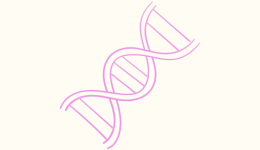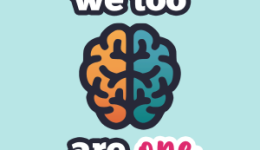Rewriting inherited relationship scripts
When a couple walks into the therapy room, I don’t just meet two individuals. I meet two entire histories. Their parents, siblings, caretakers, even grandparents. These are all present in the ways a couple speak, argue, reach or retreat. Our early experiences with receiving care have a lifelong impact on how we naturally interact.









